|
WS: What genre do you write in? Why?
MK: Fiction. WS: What is your favorite book or writing craft book? Why? MK: Peter Turchi's Maps of the Imagination is a unique take on thinking about story as a narrative map. When one imagines translating a physical space onto a map, one makes a multitude of decisions about what to depict and how, compressing distances and details until the most relevant, the most important and most enlightening remain. Turchi teaches us to think of story the same way. A mind-shifting reading, especially for novelists. WS: What fears do you have about your writing? MK: I worry endlessly that I might not have made the time to do full justice to a piece of work, slowed down enough to polish every single facet of it that could have been. I also know that one has to let go of the story at some point. I just want to make sure I don't let go too soon. One's brain works incredibly hard in the background, and I'm sometimes shocked about what I catch after returning to a work weeks or months later. WS: What are your tips for submitting writing? MK: Submit often, but not in a hurry. That is, send only your most polished work. But send it out a lot! WS: What inspires your writing? MK: Art in every form. Engaging with visual art, performance, music, creativity in forms other than my own enriches and complicates my work. WS: Where are you from and does that place ever enter into your writing? MK: I was born in Pakistan and raised in the United Arab Emirates. These places and people have been formative for me and a lot of my writing includes not only characters from these backgrounds, but also, a sensibility of the cultures, the sounds of the languages I grew up with permeate my work. WS: Drop any links or promos for your recent work, include your social media links MK: I’m on Twitter: @mayakanwal; I have stories forthcoming in the next few months in Witness, Meridian, The Margins, and a couple of other journals. I'll be linking them up to my website at http://mayakanwal.com.
0 Comments
WS: What genre do you write in? Why?
THM: Fiction and Memoir. I can't stop writing about myself, and I can't seem to tell the truth. WS: What is your favorite book or writing craft book? Why? THM: Two recent favorites: The Answers, by Catherine Lacy; and Milkman, by Anna Burns. All-time favorites: Dubliners, by James Joyce; and The Beggar Maid, by Alice Munro. Not a craft book, but a book about the cult of "craft" in the workshop: Craft in the Real World, by Matthew Salesses; The Art of Intimacy, by Stacey D'Erasmo, a mind-blowing book about how authors create relationships with readers through point of view; and that old standby, The Art of Fiction, John Gardner - despite his crankiness and elitism. WS: What fears do you have about your writing? THM: That it will be regarded as trite, sentimental, and worst of all, dumb; that it won't be read at all. WS: If you could have dinner with any famous author (dead or alive) who would it be? THM: Writers are famously difficult, evasive, uncommunicative, and terrible judges of their own work, so this is a hard question to answer; there are many writers whose work I admire greatly, but who I would not want to have dinner with. So I will say Louise Erdrich, whose work I admire, and who also seems to be a nice person; and Edgar Allan Poe, who might be a difficult companion, but who I think would have very interesting things to say about our current moment. WS: What are your tips for submitting writing? THM: Wait at least a month after you've "finished" a piece before you send it out, to make sure it's really as good as you can make it; research your targets - it's insulting to the press / magazine and a waste of time for you to submit indiscriminately; never give up submitting; keep a spreadsheet. WS: What's the best (or worst) writing advice you've ever received? THM: The best "advice" was a class by Elizabeth Harris at U.T. Austin in which we read different genres, from dirty realism to magical realism to metafiction - it opened my eyes to using genre to structure fiction; the worst advice was to write to "express myself" - no one is interested in reading this. WS: What inspires your writing? THM: For the most part, my own life; but as I have gotten older, I have become more curious about the lives of other people. WS: Where are you from and does that place ever enter into your writing? THM: All of my work is shaped by growing up in Houston. I haven't lived here for a while, but in my imagination, I have never left. I grew up in the East End of Houston, near the intersection of Telephone and Lawndale; it completely shaped my first novel, Ghost Horse, and the stories in my collection, Pictures of the Shark. WS: Do you do research for your writing? If so, what are some unexpected resources you've found? THM: I have started using research in my stories. For one, I learned more than I ever thought I would know about the history of Old Braeswood, and for another, the history of eugenicists in the science departments of Texas universities. I have found amazing things online, but it also pays to go into libraries and talk to research librarians and historians. WS: Drop any links or promos for your recent work, include your social media links THM: My website is https://thomashmcneelywriter.com/. WS: What genre do you write in? Why?
EF: Though I also write fantasy and realist fiction, my heart is in science fiction. My parents are both science fiction readers. I grew up reading their substantial collection, and had my imagination shaped by the mechanisms of the genre. WS: What is your favorite book or writing craft book? Why? EF: I like too many books for too many different things to have a single favorite. But my favorite book that I've read in 2022 so far is a work of historical fiction, The Dream of Scipio by Iain Pears. The prose is gorgeous, the intelligence palpable, and the exploration of the meaning of virtue and what (if any) role it plays in civilization is (to me) profoundly compelling. WS: What fears do you have about your writing? EF: ...I saved this question for last in the hope that I would come up with a good answer for it while I wrote the other ones. I guess the only thing I really fear about writing is the idea of being misunderstood, or engaged with in bad faith. That's not a fear limited in scope to writing itself, but it's the only writing-related thing I can think of that's legitimately scary. WS: If you could have dinner with any famous author (dead or alive) who would it be? EF: Carmen Maria Machado, because she's my closest friend that I haven't seen since before the pandemic who also qualifies as a famous author. I miss seeing many of my friends, and would rather have dinner with any of them than with a famous dead person. WS: What are your tips for submitting writing? EF: Read and follow the submission guidelines. Don't query for a response until after the response window has fully elapsed. Don't interpret rejections as an indictment of your work; there are tons of reasons for editors to pass on a story that have nothing to do with the quality of the story itself. (And most longtime editors can name stories they've declined that went on to be published to great acclaim.) WS: What's the best (or worst) writing advice you've ever received? EF: Kelly Link once told me to "write from your inner passion and your inner perv," though she may have been quoting someone else when she said it. Someone—I think it was Neil Gaiman—told me that writers shouldn't be concerned with "finding your voice," because your voice is exactly those things that you can't help doing. Those were both good advice. The worst advice I ever got was to avoid writing genre fiction. Fortunately, that was the best kind of bad advice: the kind you know is bad as soon as you get it. WS: What inspires your writing? EF: Anything I find interesting enough to keep thinking and talking about. I get bored easily, so if something keeps my attention, there's probably something worth writing about in it. WS: Where are you from and does that place ever enter into your writing? EF: I'm from San Antonio, Texas. The peculiarities of the state of Texas have certainly been a component of some of my social science fiction. WS: Do you do research for your writing? If so, what are some unexpected resources you've found? EF: I do a great deal of research for my stories. I'm not sure what makes a resource expected or unexpected, though; it's all just searching for things online, reading websites and books and articles, and following links and references to more things to read or watch or listen to. Actually, no, I do have one: a writing partner did once send me a link to a podcast and said we both needed to listen to it as research. That was literally unexpected, as he'd never sent me a podcast to listen to before. WS: Drop any links or promos for your recent work, include your social media links EF: I've spent the last couple of years writing things for television that, unfortunately, I can't link to. I'm currently writing a new story for Audible, but of course can't link to that either. The last thing I published that people can actually buy was an original story in the World Fantasy Award-winning anthology The New Voices of Fantasy. I don't really use social media anymore. My website is www.eugenefischer.com. WS: What genre do you write in? Why?
WL: Science Fiction. My love for the genre started when I was kid watching those old black & white monster and science fiction movies on TV, then by the age of 10 or 11 I had made the jump to books and was hooked. WS: What is your favorite book or writing craft book? Why? WL: My favorite writing craft book is "The 10% Solution" by Ken Rand. It's a very small and rather simple book, but it changed the way I thought about sentences at a critical point in my development as a writer. WS: What fears do you have about your writing? WL: That I will bore readers. WS: If you could have dinner with any famous author (dead or alive) who would it be? WL: Kurt Vonnegut WS: What are your tips for submitting writing? WL: Don't get in a hurry. Let stories simmer. Tweak, polish and edit. Most editors can tell if you just pounded out something in a few hours and sent it out. WS: What's the best (or worst) writing advice you've ever received? WL: Don't find time to write. Make time to write. Or in other words, be serious about your writing. Don't treat it like a hobby. WS: What inspires your writing? WL: People. Most of my stories are about average, regular people who find themselves in extraordinary circumstances and have to rise to those challenges. WS: Where are you from and does that place ever enter into your writing? WL: I'm originally from Indiana, and oddly enough I don't think I've ever used Indiana as a setting. Though I've lived in Texas nearly thirty years and Texas has been the setting for a lot of my work. WS: Do you do research for your writing? If so, what are some unexpected resources you've found? WL: I like to ask experts about the topics I'm researching. I even wrote an article about that topic for the SFWA blog. https://www.sfwa.org/2014/08/19/scientist-next-door-approach-experts-research-questions/ WS: Drop any links or promos for your recent work, include your social media links WL: You can find me at https://www.interstellarflightpress.com/levelfive.html WS: What genre do you write in and why?
PFP: I write about murder, myth and motherhood. These themes lead me to write in multiple genres, primarily crime, horror and "literary" fiction. Of course all truly well-crafted fiction should be categorized as literary. I strive to create complex female characters, and follow their journeys into whatever genre fits. WS: What is your favorite book or writing craft book? Why? PFP: Bird by Bird: Some Instructions on Writing and Life by Anne Lamott. Lamott names and embraces the messy processes and risks of good writing. WS: What fears do you have about your writing? PFP: Precision is my goal. I want to share the precise image, the exact emotion, and the telling action in my character-driven prose and poetry. I try to employ the final words that the story or poem demands. I worry that clever plot twists and smart turns of phrase are what the gatekeepers, journal editors, agents, publishers, reward in the current culture. The best story or poem I could write on any given theme is not necessarily the poem or story that a gatekeeper will pay for. WS: If you could have dinner with any famous author (dead or alive) who would it be? PFP: Shirley Jackson WS: What are your tips for submitting writing? PFP: If you stand between genres, it can feel like you stand alone. Keep sending your strange stories and powerful poems out, eventually an editor or agent will value the originality of your work. WS: What's the best (or worst) writing advice you've ever received? PFP: “I give you the number seventy-six. I encourage you not to give up until you’ve tried something seventy-six times, whether that’s applying for a job, revising a draft or sending it out. I encourage you to write with endurance and abandon.” -Poet Bhanu Kapil, Graduation Address, Goddard College MFA in Writing Program, 2013 WS: What inspires your writing? PFP: Often characters arrive on their own and I midwife their stories. Sometimes myths and legends, vivid settings, and strange, dangerous historical events drive me. WS: Where are you from and does that place ever enter into your writing? PFP: I grew up near Boston and have lived in for countries. Boston-Irish culture never really leaves you, so the roads, beaches, and mysteries of my childhood in New England appear in my work. WS: Do you do research for your writing? If so, what are some unexpected resources you’ve found? PFP: When my stories and poems are inspired by strange historical events, such as the great Boston molasses flood, it is important to do research and consult the work of historians and any news media available from the time period. However, I have been surprised how often a workshop I attended on entomology for writers has affected my writing in multiple genres. WS: Drop any links or promos for your recent work, include your social media links. PFP: WS: What genre do you write in and why?
JR: Broadly, speculative--science fiction, fantasy, horror, fabulism...it's always been the fantastic for me, since I was a kid, fiction and poetry and art that opens doors and pushes our sense of the possible beyond its bounds. WS: What is your favorite book or writing craft book? Why? JR: I'm very bad at picking one of anything. WS: What fears do you have about your writing? JR: That it sinks without much ripple, away into the deep tarn, and doesn't reach many people at all, that it is ignored and underappreciated. WS: If you could have dinner with any famous author (dead or alive) who would it be? JR: I would have liked to have had dinner with Tanith Lee. WS: What are your tips for submitting writing? JR: Read the guidelines, don't take rejections personally, keep at it. WS: What's the best (or worst) writing advice you've ever received? JR: "You're going to have to get in the hot tub with the luddites." Michael Swanwick at Clarion West. WS: What inspires your writing? JR: Beauty, dreams, wonder, nature, hope, pain, love, longing, other stories in books, movies, art. Language itself, and visions of worlds beyond ours, within ours, within us. WS: Where are you from and does that place ever enter into your writing? JR: Philadelphia, Florida, California, the road, Texas, cities and rural places...I moved around a lot as a child and young adult, so in a sense, no place and many places enter into my writing. WS: Do you do research for your writing? If so, what are some unexpected resources you’ve found? JR: Yes, lots of it. I like image resources, museum and other digital archives, as well as scholarly articles, science papers, and collections of letters and journals. WS: Drop any links or promos for your recent work, include your social media links. JR:
WS: What genre do you write in and why?
|
Archives
October 2023
Categories
All
|
-
About
- Our Organization
- Member Success Stories
-
People
>
- Staff
- Board of Directors
-
Faculty
>
- Nick Almeida
- Tanya Aydelott
- Nyri Bakkalian
- Andreana Binder
- Mackenzie Bitz
- Joyce Boatright
- KB Brookins
- Julia Brown
- Kartika Budhwar
- Debbie Burns
- Joe Burns
- Sean Morrisey Carroll
- Cynthia Childress
- Cassandra Rose Clarke
- Jessica Cole
- Mark Dostert
- Emily Foxhall
- Ynes Freeman
- Rosa Boshier González
- Mark Haber
- Matthew Hefti
- Sarah Gajkowski-Hill
- Adam Holt
- Melissa McEver Huckabay
- Angélique Jamail
- Justin Jannise
- Marlena Johns
- Amal Kassir
- Karleen Koen
- Mike Kowis, Esq.
- Kendra Preston Leonard
- Phuc Luu
- Lorenzo Martinez
- Elizabeth Mayorca
- Thomas H McNeely
- Jasminne Mendez
- Ülrika Moats
- Jody T. Morse
- Deborah D.E.E.P. Mouton
- Kinza Muzahir
- Patricia Flaherty Pagan
- Kate Pentecost
- Kathryn Peterson
- Joy Preble
- Brenda K. Preuss
- Paige Quiñones
- Scott Repass
- Icess Fernandez Rojas
- ire'ne lara silva
- Tamara Nicholl-Smith
- Courtney O'Banion Smith
- Rebecca Spears
- Patrick Stockwell
- Victoria Strange
- Marian Szczepanski
- Catherine Vance
- Juan Fernando Villagómez
- Holly Walrath
- Mathew Weitman
- Doni Wilson
- Charlotte Wyatt
- D.L. Young
- Theodora Ziolkowski
- Blog >
- Workshops
- Mentoring & Editing
- Events
- Writefest
- Get Involved
- Gift the Writer in Your Life
- Contact
Join our mailing list!
Become a member!
Writespace
1907 Sabine Street, Ste 125
Houston, TX 77007
-
About
- Our Organization
- Member Success Stories
-
People
>
- Staff
- Board of Directors
-
Faculty
>
- Nick Almeida
- Tanya Aydelott
- Nyri Bakkalian
- Andreana Binder
- Mackenzie Bitz
- Joyce Boatright
- KB Brookins
- Julia Brown
- Kartika Budhwar
- Debbie Burns
- Joe Burns
- Sean Morrisey Carroll
- Cynthia Childress
- Cassandra Rose Clarke
- Jessica Cole
- Mark Dostert
- Emily Foxhall
- Ynes Freeman
- Rosa Boshier González
- Mark Haber
- Matthew Hefti
- Sarah Gajkowski-Hill
- Adam Holt
- Melissa McEver Huckabay
- Angélique Jamail
- Justin Jannise
- Marlena Johns
- Amal Kassir
- Karleen Koen
- Mike Kowis, Esq.
- Kendra Preston Leonard
- Phuc Luu
- Lorenzo Martinez
- Elizabeth Mayorca
- Thomas H McNeely
- Jasminne Mendez
- Ülrika Moats
- Jody T. Morse
- Deborah D.E.E.P. Mouton
- Kinza Muzahir
- Patricia Flaherty Pagan
- Kate Pentecost
- Kathryn Peterson
- Joy Preble
- Brenda K. Preuss
- Paige Quiñones
- Scott Repass
- Icess Fernandez Rojas
- ire'ne lara silva
- Tamara Nicholl-Smith
- Courtney O'Banion Smith
- Rebecca Spears
- Patrick Stockwell
- Victoria Strange
- Marian Szczepanski
- Catherine Vance
- Juan Fernando Villagómez
- Holly Walrath
- Mathew Weitman
- Doni Wilson
- Charlotte Wyatt
- D.L. Young
- Theodora Ziolkowski
- Blog >
- Workshops
- Mentoring & Editing
- Events
- Writefest
- Get Involved
- Gift the Writer in Your Life
- Contact

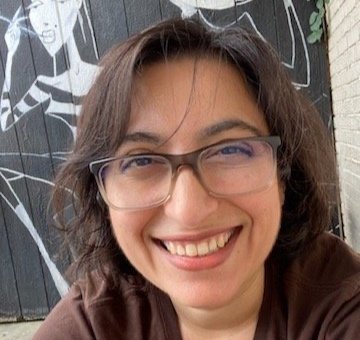
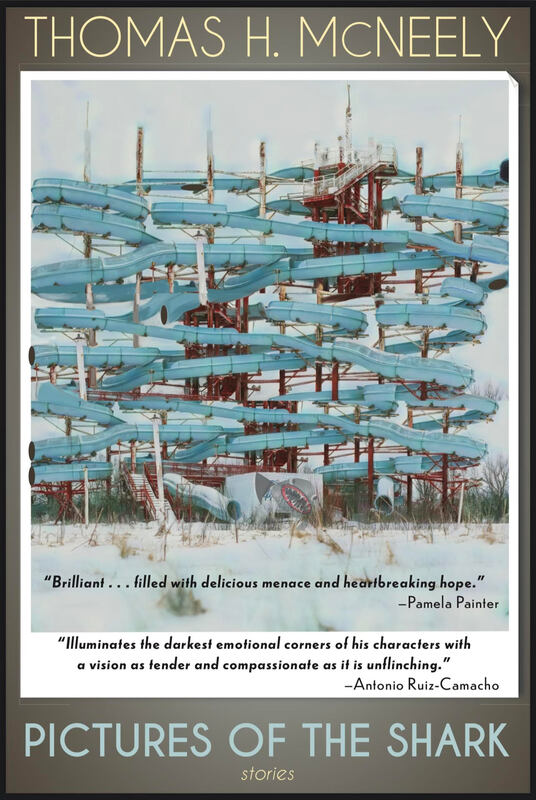
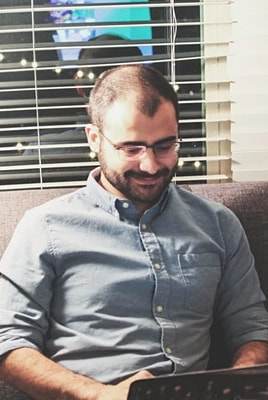

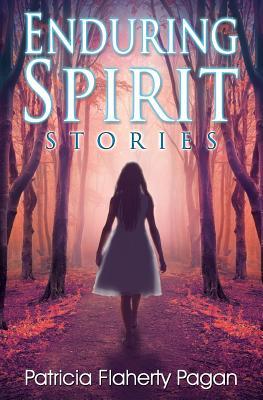
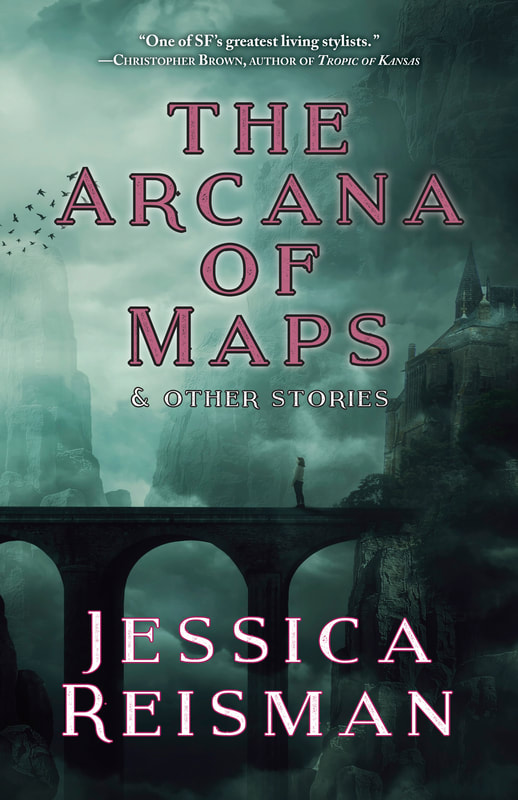
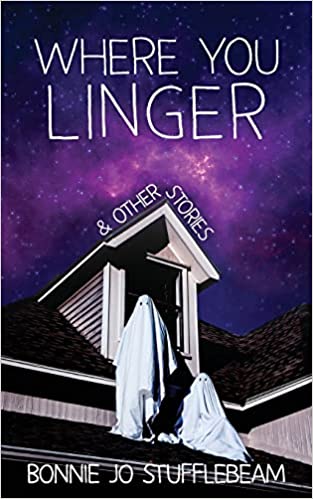
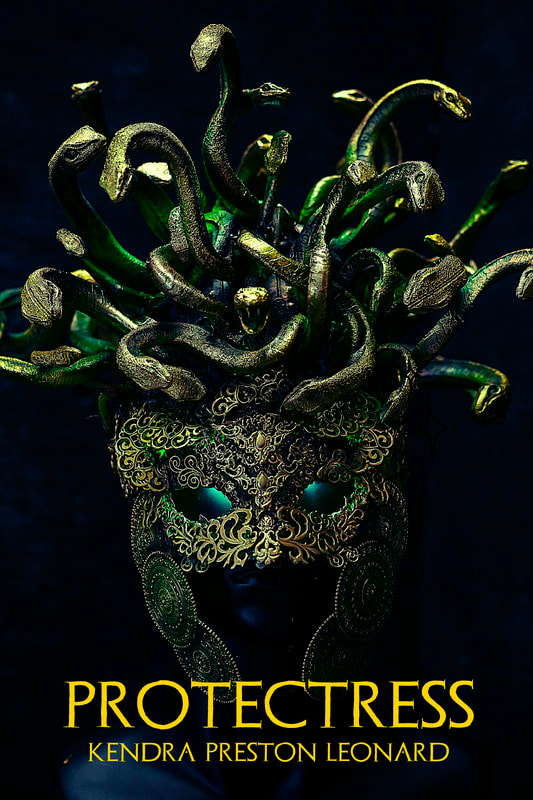
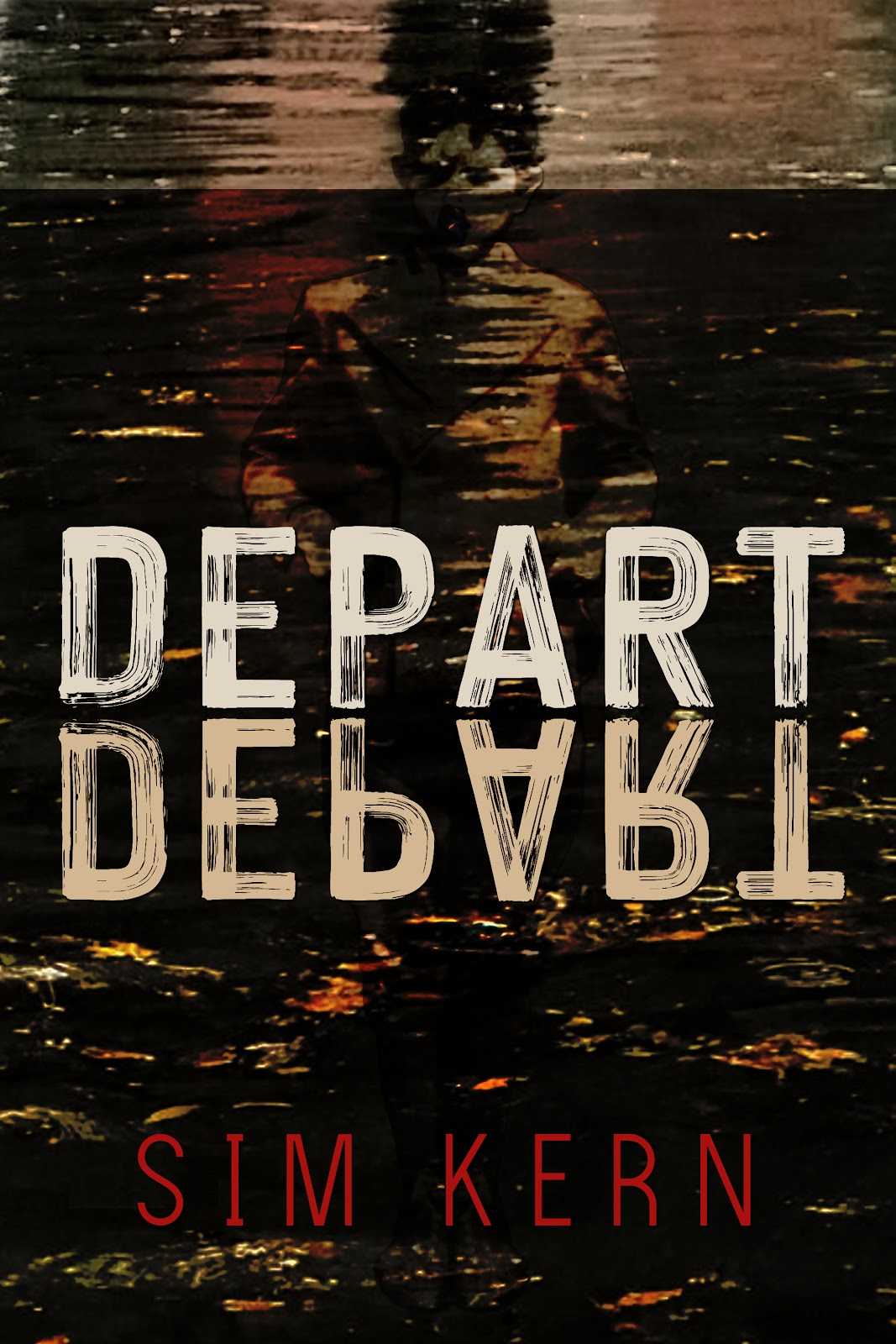
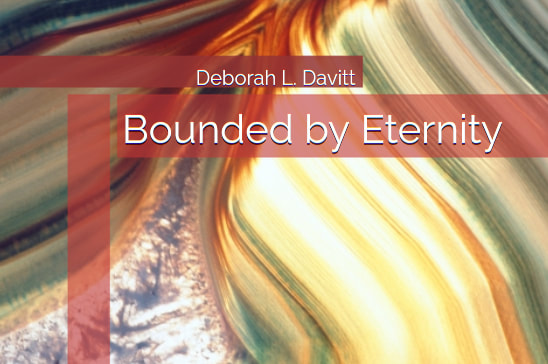
 RSS Feed
RSS Feed